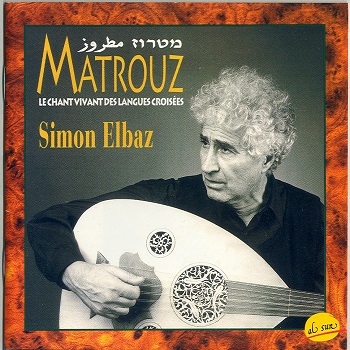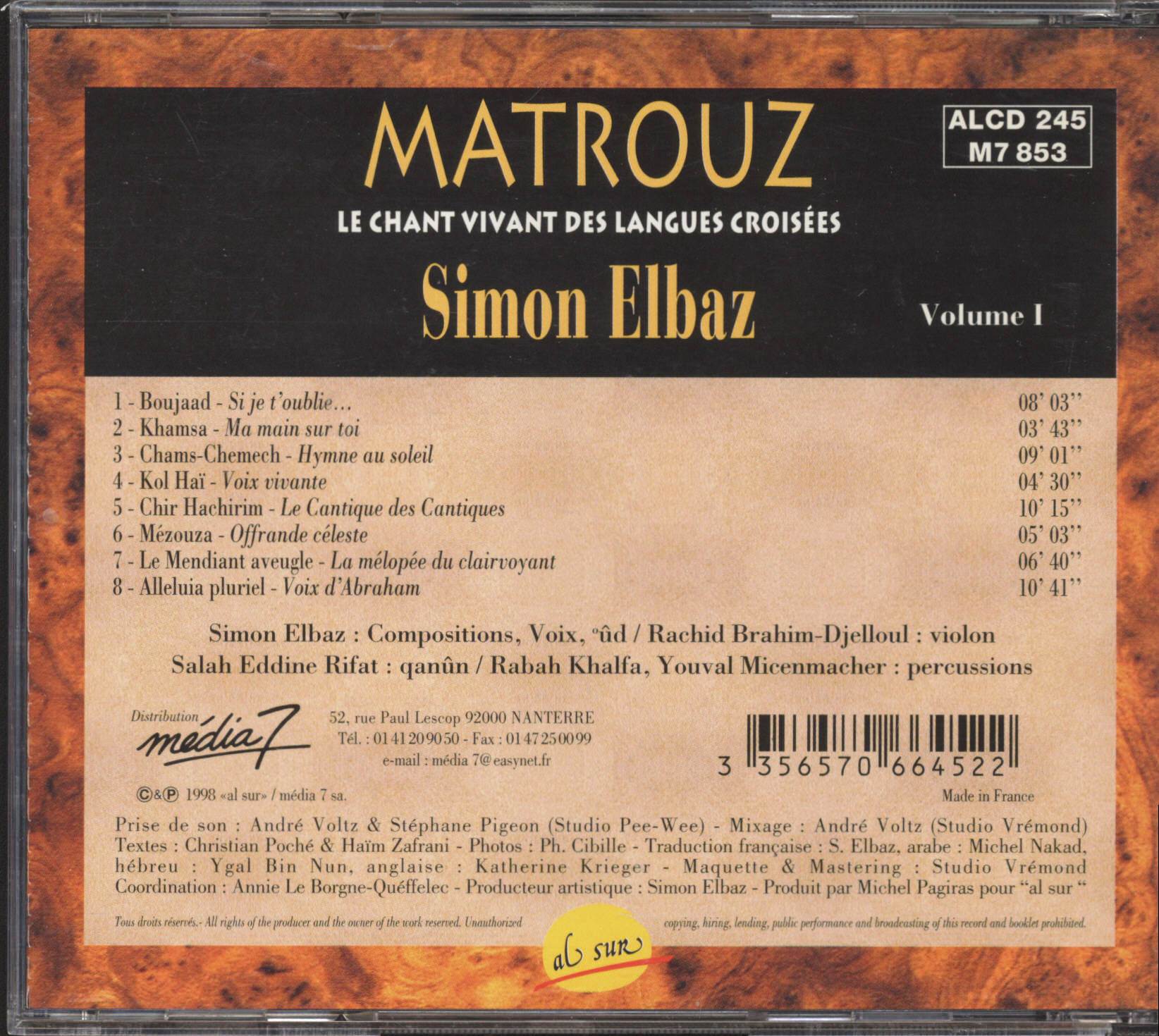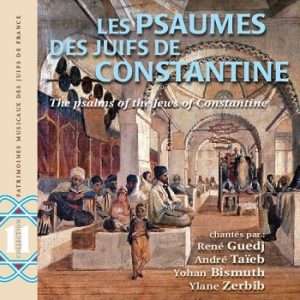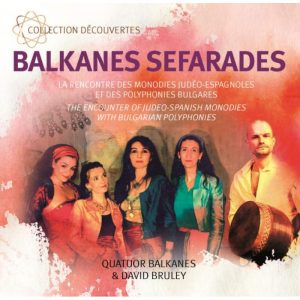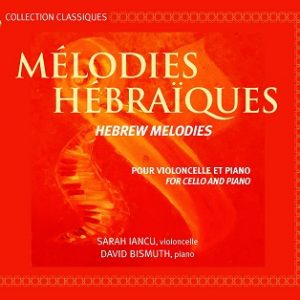Descripción
Simon Elbaz – Musical Matrouz
Simon Elbaz strives to revive the spirit of plurilingualism that prevailed during the glorious era of al-Andalus when tolerance of others was actively cultivated, an attitude that transcends time.
During that period there were poems called Muwashahat that were put to music, combining flexible metrics with rich and varied rhythm. These songs stated out in Arabic and could end in Hebrew or Roman, later to become Castilian. This use of several languages continues after the fall of Granada in 1942.
In the Jewish-Moroccan tradition, there are poetic jousts called matrouz, a term which etymologically refers to the very meaning of mûwashah. These jousts have been maintained in both Muslim and Jewish communities, where convivial encounters have taken the form of bilingual poetic improvisations, Arabic and Hebrew. This is the primary meaning of matrouz.
Usually, the matrouz has been declaimed. Then the musician appeared. Simon Elbaz wanted to give this poetic joust another dimension, making it go from declaimed to sung, combining these two fields. Is this not the way it is done in Hadramawt (South Yemen), where in the so-called Dân, both the poet who improvises a distich and the musician who puts it to music on the spot coexist? Moreover, it is still not known whether, at its origin, the mûwashah was declaimed or sung but it is nowadays generally sung. Simon EIbaz’s original approach considers this amount of singing that must now be infused into the matrouz poem. Here therefore the musical dressing allows the fusion of the musician and the actor.
What deeply characterizes his approach in the practice of matrouz is to reconstitute and enrich an ancestral Judeo-Arabic tradition. In this respect, this album is a first, a promising innovation from the point of view of musical aesthetics and cultural dialogue.
1.Boujaad
2.Khamsa
3.Chams-Chemech
4.Kol Haï
5.Chir Hachirim
6.Mézouza
7.Le Mendiant aveugle
8.Allelluia pluriel
